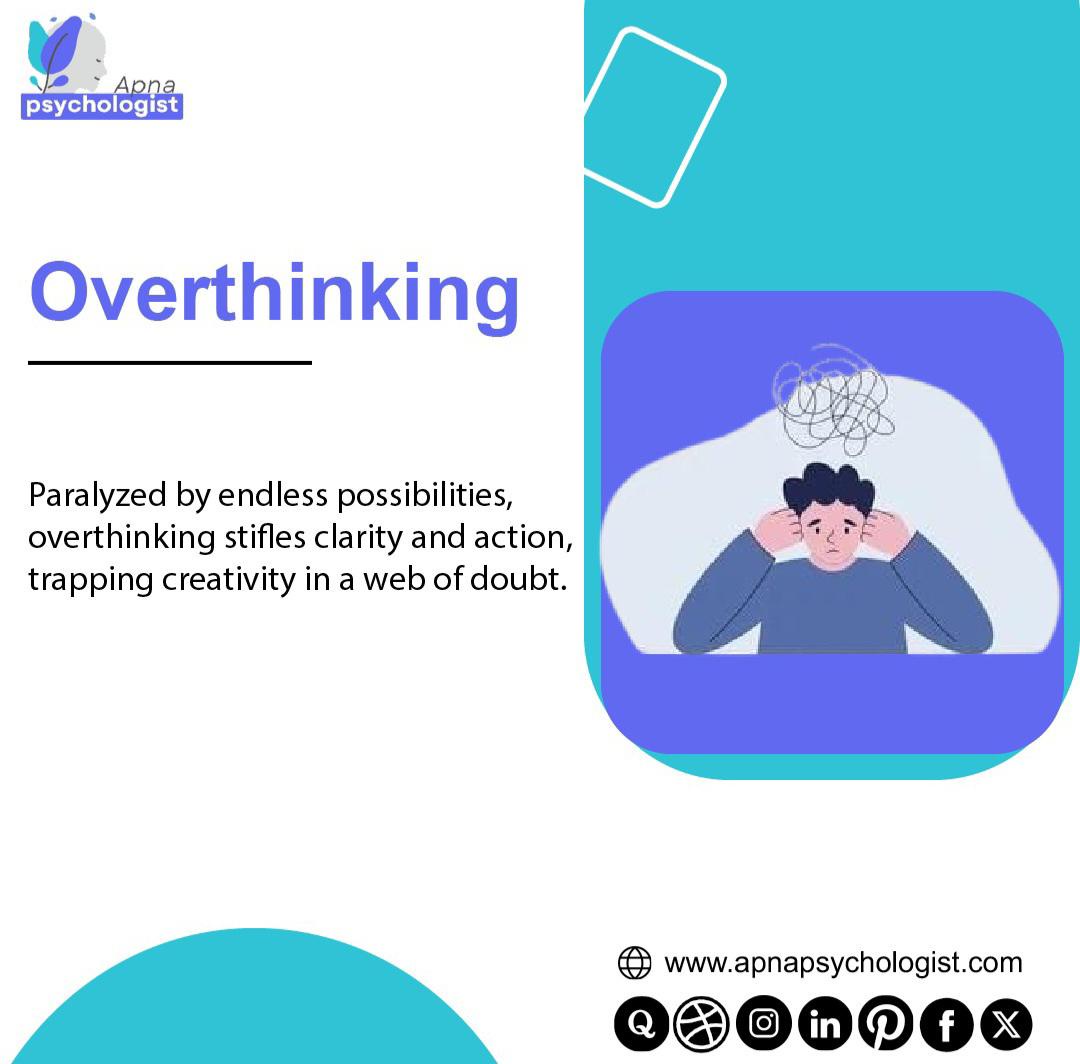In today's modern workplaces, stress has become an increasingly common challenge for many employees. The relentless demands of our jobs, such as heavy workloads, looming deadlines, and interpersonal conflicts, can take a toll on both our emotional and physical well-being. However, there is hope amidst these challenges. By adopting and implementing effective coping strategies, individuals can empower themselves to navigate workplace demands with resilience and grace.
Recognizing the Impact of Stress
The first step in proactively managing and reducing the influence of stress is acknowledging its negative effects on our health, especially when confronted with impending deadlines and increasing responsibilities. Understanding the root causes of our stress, whether they stem from interpersonal dynamics, job-related tasks, or external pressures, enables us to devise targeted approaches to address and alleviate them.
Identifying Stress Sources
Identifying the sources of stress at work is crucial for effective stress management. Taking a moment to reflect on various aspects of your job or workplace that may be contributing to your stress levels is essential. Whether it's an overwhelming workload, looming deadlines, strained relationships with colleagues, or a feeling of powerlessness over your responsibilities, recognizing these stressors provides valuable insights. Armed with this awareness, you can implement focused strategies to tackle these stressors head-on, rather than resorting to common coping mechanisms like avoidance or sheer persistence.
Implementing Time Management Techniques
Poor time management often contributes to heightened employee stress levels. Recognizing this, it's essential to employ efficient time management techniques to reduce stress and enhance productivity. Prioritizing tasks based on their importance and urgency, breaking down larger projects into smaller, manageable tasks, and allocating specific time slots for each task ensure equitable attention distribution and timely completion of deadlines. Utilizing tools such as planners, task management apps, and calendars can aid in staying organized and on track, allowing individuals to manage their workload more effectively and perform at their best.
Establishing Boundaries
Maintaining a healthy work-life balance is crucial for stress management and overall well-being in today's demanding work environments. Establishing clear boundaries between your personal and professional lives is essential to achieving this balance. This involves setting aside designated times for work and adhering strictly to them, allowing for complete detachment from work-related obligations during leisure time. Structuring your daily routine to include dedicated periods for work and personal activities not only promotes predictability but also ensures adequate time for rest, recreation, and social interactions, preventing work from encroaching on personal time.
Incorporating Mindfulness and Relaxation Practices
Mindfulness and relaxation techniques can significantly enhance stress management and overall well-being when integrated into daily routines. Taking brief breaks throughout the day to engage in activities such as progressive muscle relaxation, deep breathing exercises, or meditation promotes a sense of calm and inner peace. Activities like yoga, tai chi, or leisurely walks during lunch breaks provide additional opportunities to alleviate stress and enhance mental clarity. These practices not only offer immediate stress relief but also cultivate long-term resilience and emotional equilibrium, enabling individuals to navigate work and life challenges with greater ease and composure.
Fostering Supportive Relationships
Developing meaningful connections with colleagues is essential for fostering a positive work environment, particularly during stressful times. Building strong relationships with coworkers establishes an emotional support system that aids in overcoming challenges. Peers, managers, and HR personnel can offer guidance, encouragement, and a sympathetic ear when needed. Don't hesitate to seek guidance or assistance from mentors or trusted coworkers, as discussing concerns and receiving feedback can help alleviate stress and find solutions to work-related issues. Participating in team-building activities and social gatherings fosters camaraderie and trust among team members, enhancing communication, collaboration, and job satisfaction.
Seeking Professional Help if Necessary
If workplace stress begins to significantly impact your ability to function or your mental health, seeking professional assistance is crucial. Consulting with a therapist, counselor, or mental health professional can provide specialized support and coping strategies tailored to your individual needs. These professionals can offer guidance in managing anxiety, stress, and other mental health challenges, enabling you to regain control over your mental well-being and effectively cope with the demands of work and daily life. Remember, seeking help is a sign of strength, and it's essential to prioritize self-care when needed.
In Conclusion
Managing workplace stress is essential for maintaining overall health, well-being, and job satisfaction. By implementing various coping strategies, individuals can thrive in their careers and navigate the challenges of the modern workplace more effectively. It's crucial to recognize when professional assistance may be necessary and prioritize self-care to promote well-being and success in both personal and professional endeavors. By adopting these strategies, individuals can lead balanced, fulfilling lives and handle workplace pressures with greater resilience and skill.


No comments yet